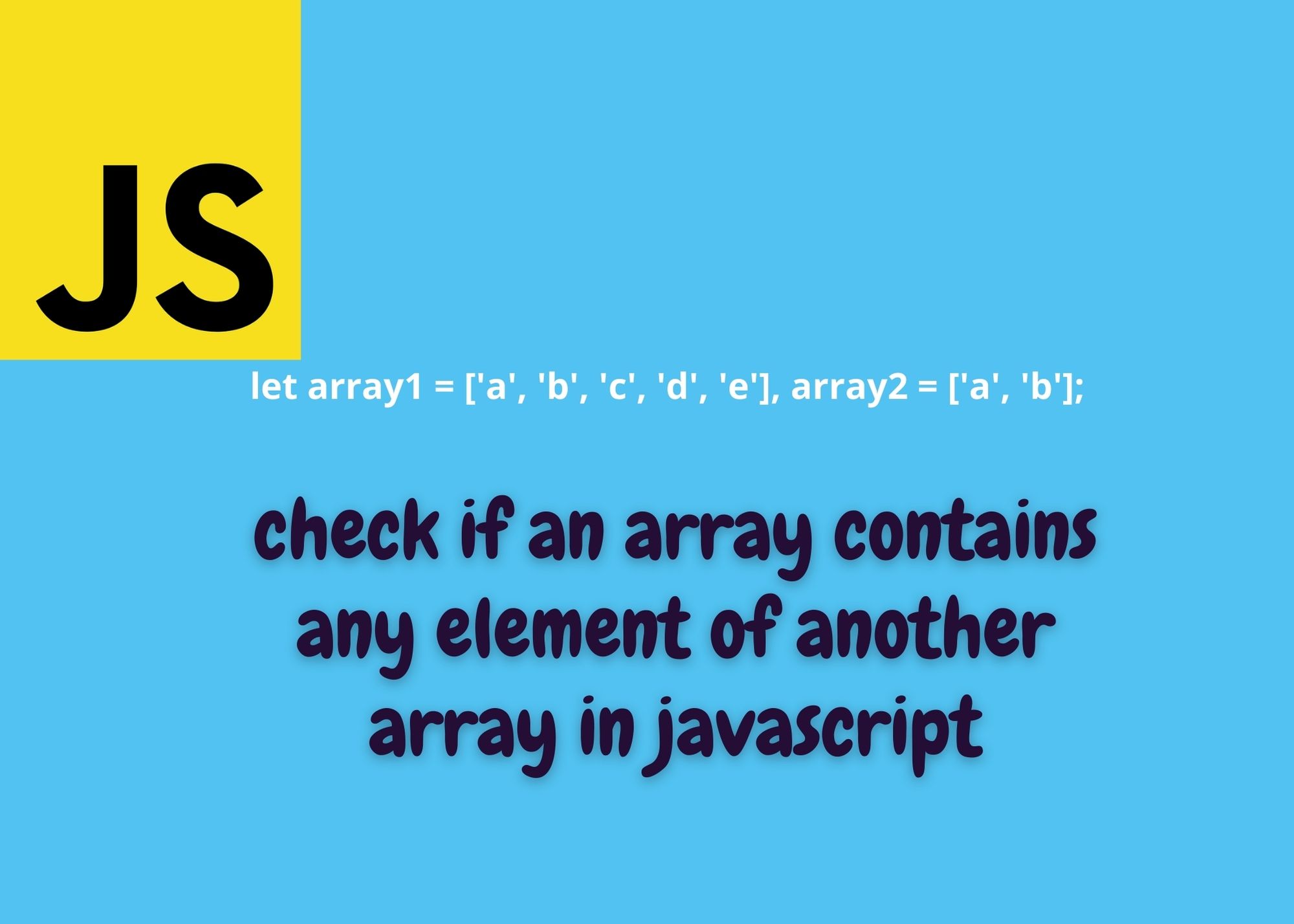6 Best Software Development Tools 2022
A Software Development Tool, also known as a Software Programming Tool, is a computer program that software developers use to create, edit, manage, support, and debug other applications, frameworks, and programs. We have enlisted some of the best and latest tools for software development below:

The 6 best software development tools for 2022 are:
1. Linx
Linx makes it easier to create, build, and automate unique business processes and integrate applications, systems, and databases.
Features
● Provides over 100 pre-built plugins with programming functions and services.
● Facilitates deployment to any local or cloud server with a single click.
● All SQL and NoSQL databases, as well as various file types (text and binary) and REST and SOAP Web services, can be used as inputs and outputs.
● Allows step-through logic debugging in real-time.
● Tasks can be automated using a timer, directory events, or a message queue.
2. UltraEdit
UltraEdit is a great choice for your primary text editor because of its speed, flexibility, and security. UltraEdit brings an all-access package, including a GIT integration solution, file finder, and an integrated FTP client, among other features.
Features
● The primary text editor is a powerful text editor that can handle large files with ease.
● Large files can be loaded and handled with unrivaled power, performance, startup, and file load.
● Beautiful themes may be used to customize, modify, and reskin your entire program.
● Supports Complete OS integration, including command lines and shell extensions.
● Helps you identify visual differences between your codes quickly.
3. Quixy
Quixy’s cloud-based no-code platform enables business users to automate workflows and construct simple to large enterprise-grade apps up to ten times faster for their unique requirements. For instance, you will require effective tools to provide an efficient online assignment service. Quixy has great features to enable the creation of extensive tools.
Features
● Helps businesses become more innovative, productive, and transparent by automating tedious processes and swiftly turning ideas into apps.
● Users may create their apps or alter pre-built apps from the Quixy app store in minutes
● Ability to drag and drop 40+ form fields, including a rich text editor, e-signature, QR-Code scanner, Facial Recognition widget, and more, to create the app interface you desire.
● With an easy-to-use visual builder, you can model any process and create basic sophisticated sequential, parallel, and conditional workflows.
● Allows to set up notifications, reminders, and escalations as needed.
4. BootStrap
Bootstrap is an open-source free framework that uses CSS, HTML, and JS to create responsive websites and mobile-first projects. Bootstrap is a popular framework for building faster and easier-to-use websites.
Features
● May be customized to fit the needs of any project.
● Bootstrap has built-in components that may be used to create responsive websites using a smart drag-and-drop interface.
● A responsive grid system, plugins, pre-built components, sass variables etc., let users create their apps.
● Bootstrap is a front-end web framework for quickly prototyping ideas and constructing web apps.
● Ensures that all developers and users working on the project are on the same page.
5. Genexus
Genexus provides an efficient platform for developing applications and systems that allow for automatic creation, development, and related tasks. Creating the best remote working apps proves to be quite useful.
Features
● All GeneXus-modeled applications can be quickly changed to business changes and developed in the most up-to-date programming languages, and deployed to any major platform on the market.
● GeneXus was founded on more than three decades of experience in developing automatic application generation and development tools.
● Automatic software generation based on artificial intelligence.
● Once you have created your model, you can use it to produce code for various platforms.
● Responsive and progressive web apps, mobile native and hybrid apps, & virtual assistants.
● Maximum adaptability and capabilities for interoperability.
6. AngularJS
AngularJS is an open-source, structural, and Javascript-based framework that allows web developers to create dynamic web apps. AngularJS is a completely extensible framework that integrates well with other libraries.
Features
● Depending on the development process and project requirements, each feature can be changed or removed.
● If the site is updated periodically to reflect changes in the data, AngularJS works well with data-driven apps.
● Enables directives, localization, reusable components, dependency injection, form validation, deep linking, data binding, and other advanced features.
● AngularJS isn't a browser extension or a plugin.
● AngularJS has built-in protection against simple security flaws such as HTML injection attacks and cross-site scripting.
Conclusion
All the above-mentioned software development tools can be used effectively to transform your ideas into reality. They perform well and assist in making complex tasks simple and beneficial.
Author’s Bio
Jasmine Pope is our highly professional technical writer who crafts thought-provoking pieces of content. Her extraordinary ability to create informative content for academic and related niches is truly inspiring.
I hope it can help you...



![Razorpay Payment Gateway Integration Laravel 8 Example [Simple coding] Razorpay Payment Gateway Integration Laravel 8 Example [Simple coding]](https://www.phpcodingstuff.com/uploads/tutorial_images/Razorpay_Payment_Gateway_Integration_Laravel_8.jpg)


Leave a Reply